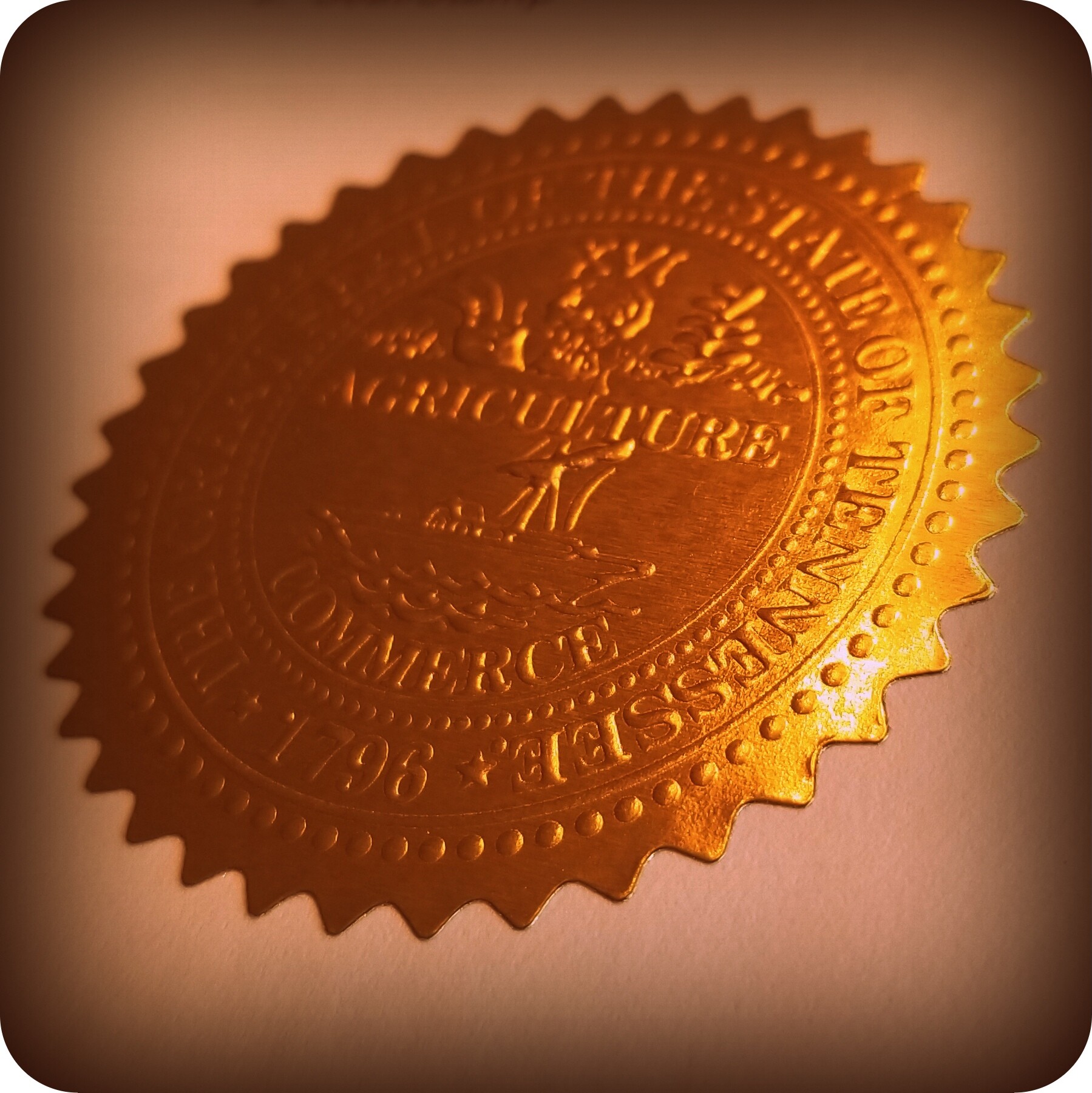Delving Into the Factors Behind the Compulsory Requirement of Apostille Accreditation for Legal Documents
In the world of lawful paperwork, the required demand of apostille certification has become a crucial aspect that considerably impacts the credibility and acknowledgment of legal papers on a worldwide scale. Understanding the rationale behind this need entails diving right into the intricate web of legal intricacies, historical criteria, and global agreements that emphasize the significance of apostille certification in today's interconnected globe. By discovering the underlying reasons behind this extensive demand, a clearer image emerges of why this seemingly bureaucratic procedure holds such tremendous value for organizations, federal governments, and individuals alike.
Historical Advancement of Apostille Qualification
Just how did the concept of apostille qualification advance with time to become a vital part of international record recognition? The historic development of apostille accreditation go back to the early 20th century. The demand for a streamlined technique of verifying records for use across boundaries became noticeable as global trade and traveling boosted. In action to this need, the Hague Seminar on Exclusive International Regulation introduced the Apostille Convention in 1961. This worldwide treaty established a streamlined process for licensing the credibility of files to be recognized in member nations.
Originally embraced by a few European nations, the Apostille Convention progressively got international acceptance due to its performance and efficiency in verifying the authenticity of main papers. Throughout the years, the convention's reach increased as even more nations joined, recognizing the apostille as a globally approved form of document authentication. Today, apostille qualification has become a common requirement for validating lawful papers in global transactions, making sure smooth communication and legal proceedings between nations.
Simplifying International File Legalization
The streamlining of worldwide document legalization treatments has actually significantly improved effectiveness in cross-border transactions. Streamlining the process of legislating documents for international usage has come to be vital in assisting in swift and smooth purchases between countries. One of the essential systems that have added to this simplification is the adoption of the Apostille Convention, which gives a standard approach for validating the credibility of documents throughout getting involved countries.
By sticking to the Apostille needs, countries consent to acknowledge each other's public papers as valid without the need for more legalisation. This eliminates the extensive and usually troublesome procedure of several authentications by various authorities, conserving time and resources for people and organizations engaged in worldwide tasks.

Making Sure File Credibility and Legitimacy
To make sure the credibility and credibility of lawful records in global deals, strict confirmation processes are important - Houston Apostille. Lawful papers play a crucial function in cross-border transactions, and ensuring their authenticity is paramount to maintain the integrity of such purchases. By needing apostille certification for legal papers, authorities intend to authenticate the beginning of documents and confirm the trademarks of people entailed. This process helps protect against scams, misrepresentation, and other negligences that could threaten global arrangements or lawful procedures.
Furthermore, validating the authenticity of lawful files through apostille qualification boosts trust and confidence among parties engaging in international deals. It offers guarantee that the documents offered are genuine and legally binding, thus decreasing the risks connected with fraudulent activities. In addition, making certain document legitimacy through apostille qualification simplifies the legalisation process, making look at this now it extra effective and dependable for companies and people performing company across borders. Eventually, by promoting rigorous verification standards, apostille accreditation adds to an extra safe and secure and clear global legal framework.

Promoting Cross-Border Legal Acknowledgment
In the realm of international deals, the apostille certification not just makes sure the authenticity and validity of lawful documents but also plays a crucial duty in facilitating cross-border lawful acknowledgment (Houston Apostille). When legal documents birth an apostille certification, they are conveniently visit here approved by foreign authorities without the need for additional verification. This structured process accelerates the acknowledgment of records in different countries, promoting performance and reducing administrative obstacles in lawful matters that go beyond national limits
Assisting in cross-border legal recognition through apostille accreditation fosters depend on and confidence in the authenticity of papers traded between countries. By adhering to the requirements set forth by the Apostille Convention, nations agree to honor the apostille seals fastened to records from various other participant nations, hence simplifying the procedure of legal acknowledgment across boundaries.
Conformity With International Treaty Specifications
Compliance with global treaty standards is imperative for making sure the consistent application of lawful guidelines across taking part nations. The Apostille Convention, developed in 1961, outlines the needs for the acceptance of public papers amongst participant nations.
The Apostille accreditation, as mandated by the treaty, works as an assurance of credibility for files such as birth certifications, marital relationship licenses, court judgments, and notarized actions. This standard approach assists avoid fraud and makes certain that legal documents originating from one participant nation are conveniently accepted in an additional. By complying with worldwide treaty right here standards, countries demonstrate their commitment to supporting the principles of transparency, trust fund, and teamwork in legal matters on an international range.
Conclusion

In the realm of lawful documents, the compulsory need of apostille qualification has come to be an important aspect that significantly impacts the credibility and recognition of legal documents on a worldwide range. Today, apostille certification has actually ended up being a typical requirement for confirming lawful papers in global purchases, making certain smooth interaction and lawful procedures between countries.
Moreover, verifying the authenticity of lawful documents through apostille qualification boosts count on and self-confidence among celebrations engaging in worldwide transactions.In the realm of international deals, the apostille qualification not only ensures the authenticity and validity of legal papers but likewise plays a pivotal role in promoting cross-border legal recognition. By adhering to the criteria established forth by the Apostille Convention, nations concur to recognize the apostille seals attached to records from other member nations, hence simplifying the procedure of legal recognition across boundaries.